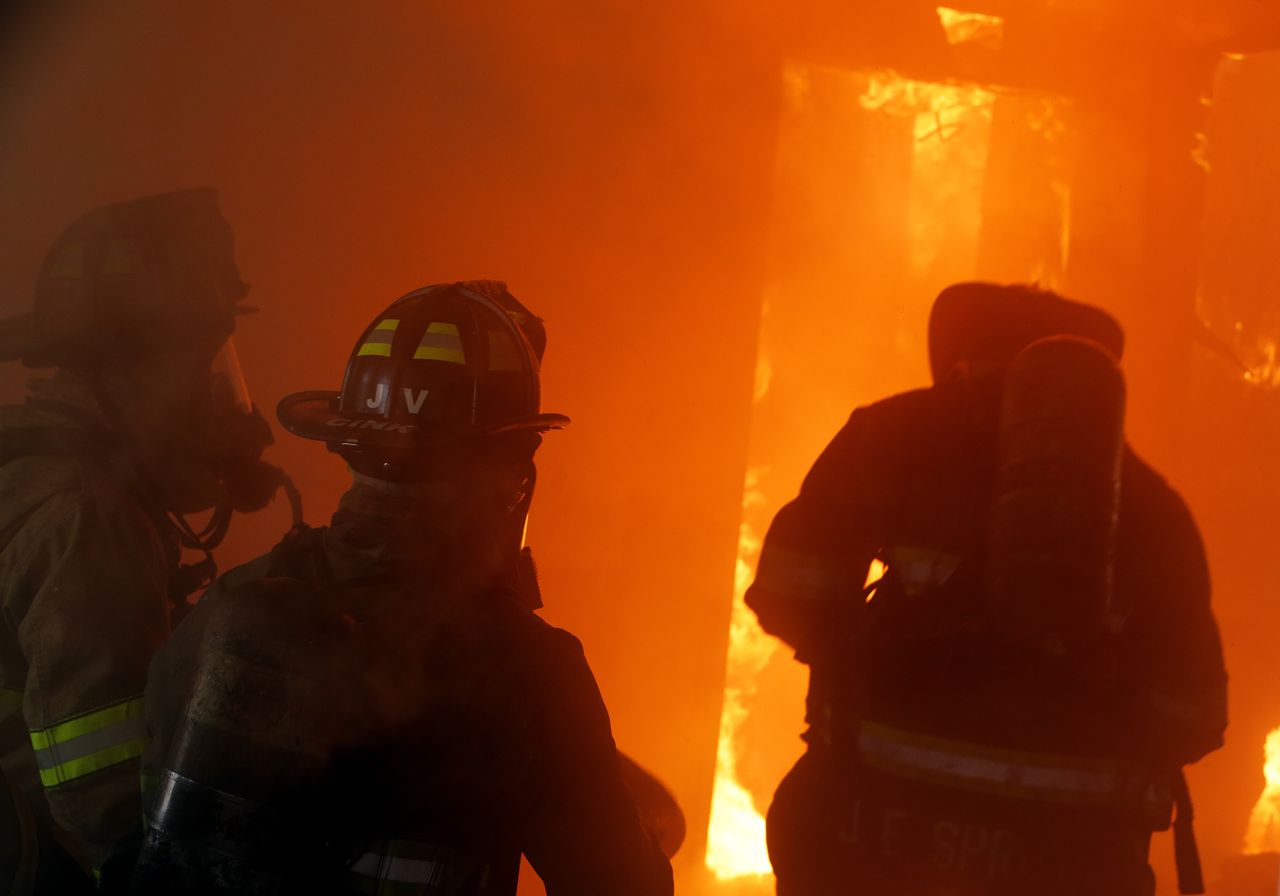Alabama top five in nation for death rate from house fires
More than 100 people in Alabama died in fires in 2022, and 2023 is on pace to be even worse.
“Unfortunately we’re usually in the top 5 or the top 10 annually,” said Scott Pilgreen, Alabama’s state fire marshal. “In my view, all of them are preventable.”
The Alabama Fire Marshal’s Office reports there were 108 fire fatalities in the state in 2022, and 67 more through July 27 of this year, though that number may be out of date.
“As I talk to you now, we’re probably at 70 or just north of 70,” Pilgreen said on Tuesday, the first day of August. “We have to change the trajectory of our numbers. If I’m correct and our unofficial number is around 70, when cold weather hits, we’re going to have an uptick. And I hope I’m wrong when I say this, but what I foresee is we’re going to be pretty close to triple digits again before the end of this year, and we shouldn’t.”
Most – if not all – of Alabama’s fire deaths come from home fires, Pilgreen said. The U.S. Fire Administration tracks home fire deaths, and according to that data, Alabama saw 66 home fire deaths in 2022, and 45 so far in 2023. Those numbers put Alabama inside the top five in the nation for house fire deaths per capita for both 2022 and 2023.
[Can’t see the map? Click here.]
The U.S. Fire Administration uses media reports to capture home fire deaths, so their data is considered preliminary.
Based on that data, Alabama was tied for the fifth highest home fire death rate in 2022 with 1.3 deaths per 100,000 residents. Only the sparsely populated Alaska saw more than 2 deaths per 100,000 residents – it had 3. It was followed by Vermont with 1.9, Louisiana with 1.6, North Dakota with 1.4 and then Alabama, Pennsylvania and Kansas each with 1.3.
So far in 2023, Alabama is third in the nation in home fire deaths per capita.
Pigreen said, in his opinion, each of those deaths is preventable, and it all comes down to what decisions and actions individual people make.
“I am by no means trying to be critical of those who have lost their lives due to a fire, or their families,” he said. “To me, it’s not that complicated. It comes down to what people do. It’s habits and behavior.”
Pilgreen said nearly every fire fatality over the last 10 years has a root in decisions made by people – often everyday decisions that people get away with 99 times out of 100. He listed a number of such instances – people smoking while on oxygen, improperly disposing of cigarettes, using gasoline to burn yard rubbish and overloading extension cords were just some of the examples he listed.
“We have to change habits and behaviors. We have to get people to pause before they do things they probably have done years and years on end and it’s never bit them,” he said. “But eventually it’s going to bite.”
According to data from Pilgreen’s office, many of Alabama’s fire deaths over the last year and a half came in circumstances where there was no smoke detector present.
“Two things in our households – smoke detectors and/or carbon monoxide detectors – are critical,” Pilgreen said. “The smoke detectors need to be in the sleeping areas – in the bedrooms or the hallways or both. And in communal spaces like dens, living rooms, family rooms.”
In cases where the presence or absence of a smoke detector was known, data from the fire marshal’s office confirmed there was no detector in 73% of Alabama’s fire deaths over the last year and a half.
Pilgreen said smoke detectors are critical, and they need to be replaced at least every 10 years.
But just having a smoke detector isn’t the only thing Alabama families need.
“That’s critical early morning. That’s what it is,” he said. “Once you have the early warning, then what? A household needs to have an escape plan. Do the members of that household know what they are supposed to do?”
He said it’s important for families not only to have a plan if something goes wrong, but to practice it.
“As one of my investigators said, ‘when the time to act arrives, the time to plan has passed.”
Do you have an idea for a data story about Alabama? Or questions about Alabama that data may be able to answer? Email Ramsey Archibald at [email protected], and follow him on Twitter @RamseyArchibald. Read more Alabama data stories here.
